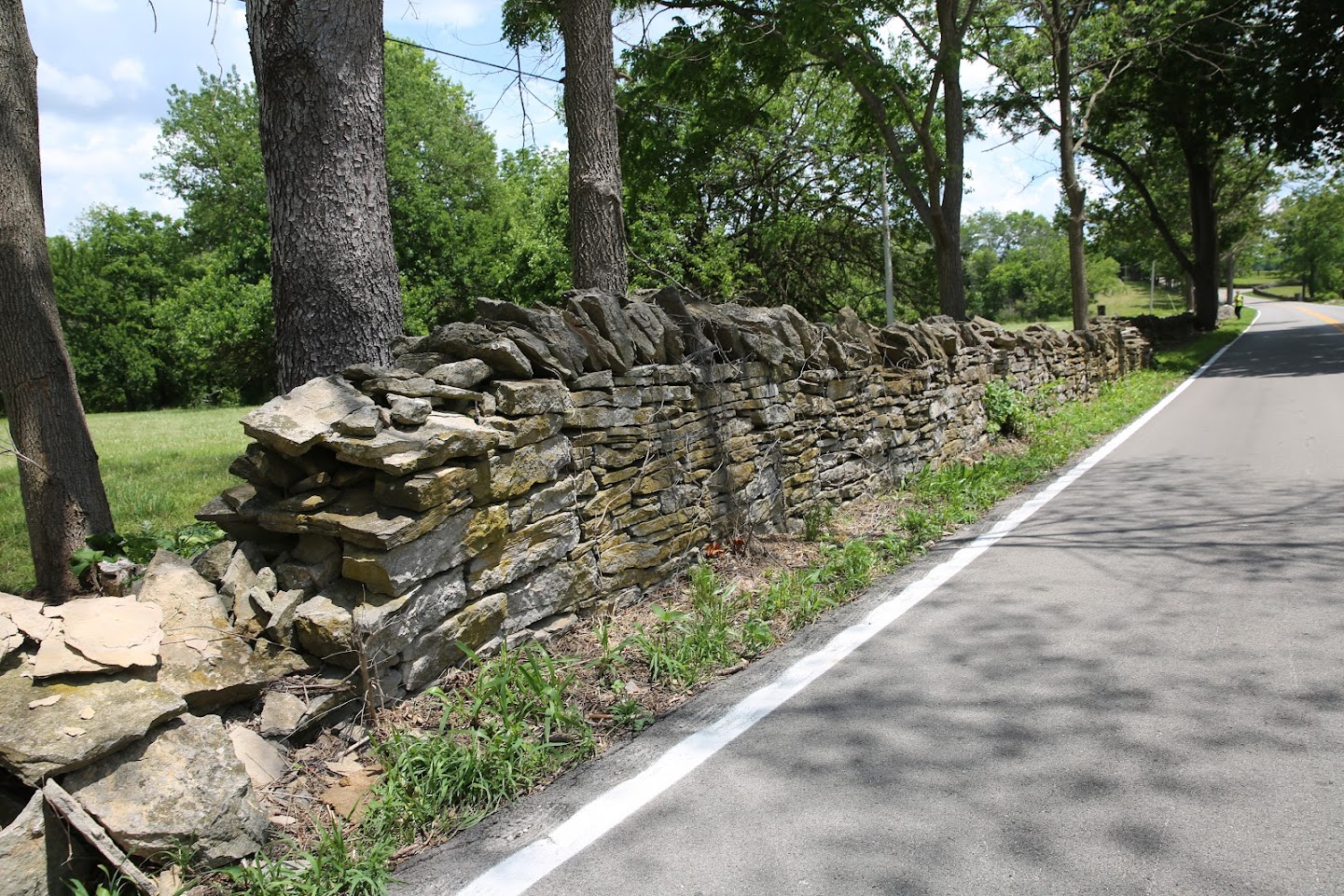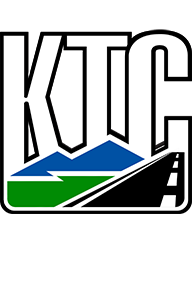Search for articles or browse our knowledge portal by topic.
Division of Environmental Analysis
The Division of Environmental Analysis (DEA) serves as a single point of contact for KYTC employees, contractors, and the public on environmental guidance, information, and related matters. DEA executes its duties through the review, preparation, and oversight of environmental documents, contracts, or actions as required by state and federal environmental laws and regulations. To ensure KYTC delivers environmentally sound projects, DEA works with the District Environmental Coordinators (DEC) to (1) determine how projects will impact the human and natural environments and (2) address these impacts in accordance with state and federal laws. Knowledge supplied by DEA staff helps KYTC understand the environmental implications of its actions and make the best possible decisions on project development. When impacts to the human or natural environment are unavoidable, they are minimized or mitigated.
DEA carries out its responsibilities through the Office of the Director of Environmental Analysis and three branches:
- Ecology and Permitting Branch
- Cultural Resources Branch
- Project Management Branch
The Director’s Office includes the director, assistant director, and support staff who provide administrative assistance to the whole division. The director is accountable for all procedures and quality assurance. Primary responsibilities of the director’s office include:
- Reviewing and approving personnel actions and travel requests and Division purchases
- Managing KYTC’s Municipal Separate Storm Sewer System (MS4) program
- Managing the Environmental Storm Water Services contract
- Reviewing and approving environmental documents
- Reviewing and approving correspondence and coordination with outside agencies
- Reviewing and approving Letter Agreements, contracts, and payments to contractors
- Managing the Environmental Analysis Tracking data base (EATS)
- Managing and paying all invoices to contractors working for DEA
- Paying fees regarding all environmental approvals
- Reviewing, approving, and entering all time for division personnel into the KHRIS system
- Managing KYTC’s Environmental Storm Water Services contract, Municipal Separate Storm Sewer System (MS4) program
- Overseeing activities of the Project Management, Cultural Resources, and Ecology and Permitting Branches.
The Ecology and Permitting Branch ensures that KYTC complies with the Clean Water Act and the Endangered Species Act. To execute the responsibilities, biologists and environmental scientists in the Ecology and Permitting Branch:
- Coordinate with the US Fish and Wildlife Service to ensure proposed highway projects will not have an adverse effect on federally listed threatened and endangered species
- Coordinate with the Kentucky Department of Fish & Wildlife Resources (KDFWR) on issues involving endangered species
- Manage consultants involved with ecological and permitting issues
- Provide support to districts and other KYTC personnel on ecology and permitting issues
- Perform and oversee the preparation and submittal of biological assessments to USFWS, 404 applications to Army Corps of Engineers (USACE), Water Quality Certification applications to the KY Division of Water (KDOW)
- Manage the statewide Biology and Permitting Services contract
- Manage KYTC Stream and Wetland Banks
- Manage Individual KPDES Construction Stormwater permits
![IMG_8947[1602] 2. Ecology & Permitting Branch](https://kp.uky.edu/wp-content/uploads/2022/06/IMG_89471602-rotated.jpg)
The branch obtains several types of Clean Water Act permits/approvals for KYTC projects including:
- Section 404 permits
- Nationwide and individual permits are issued by the United States Army Corps of Engineers (USACE) in accordance with Section 404 of the Clean Water Act.
- Section 401 State Water Quality Certifications
- Water quality certifications are issued by the Kentucky Division of Water in accordance with Section 401 of the Clean Water Act.
- Kentucky Pollutant Discharge Elimination System (KPDES) permits
- Issued by the Kentucky Division of Water for construction impacts not covered under the General KPDES permit for Construction Activities. General KPDES permits are acquired by the Division of Construction.
During the permitting and biological assessment processes, issues may come to bear that require KYTC to commit to future actions designed to minimize or mitigate environmental impacts caused by a project. These environmental commitments are tracked and communicated to the project team by special notes in the proposal, Communicating all Promises (CAP) notes and by inclusion into the plan set.
Section 106 of the National Historic Preservation Act (NHPA) of 1966 requires federal agencies to consider how their projects will affect historic properties eligible for the National Register of Historic Places. These properties may include individual buildings and structures, historic districts, significant locations such as battlefields, certain objects such as trains or statues, and archeological sites. The Cultural Resources Branch is responsible for ensuring that Cabinet projects do not significantly impact these properties or, if impacts cannot be avoided, to work with consulting parties including property owners and state and federal agencies to develop a way to offset the impacts through mitigation. The branch has the following responsibilities:
- Archeologists perform or oversee completion of all required archaeological investigations for federally funded or permitted projects and ensure that the investigations comply with Section 106 of the NHPA.
- Cultural historians perform or oversee the completion of assessments of the impacts of proposed highway projects on historic resources and ensure these assessments comply with Section 106 of the NHPA.
- Coordinate with the Kentucky State Historic Preservation Office (SHPO) to obtain concurrence on effect determinations for historic properties and work with FHWA to notify the Advisory Council on Historic Preservation (ACHP) when a project will adversely affect a historic property.
- Work with FHWA to notify Tribes having an interest in Kentucky when certain types of archaeological sites are identified.
- Contract with and oversee the work of consultants completing archaeological and cultural historic investigations for the Cabinet.
- Provide support to districts and other KYTC personnel on archaeology and cultural historic issues.
- Provide guidance on Section 4(f) of the Department of Transportation Act of 1966 as it pertains to historic properties.
- Write Memorandums of Agreement (MOA) when mitigation is required to offset adverse effects to historic properties, oversee changes to the MOA or proposed mitigation resulting from discussions from consulting parties, and oversee contracting, coordination, and completion of required mitigation.
- Manage the Statewide Environmental Cultural Historic & Archaeological Studies Services Contract

The Project Management Branch carries out overall management of the environmental process. Its employees specialize in specific areas of environmental regulations. Project Management Branch staff have the following responsibilities:
- Environmental Project Managers (EPMs) are responsible for the overall management of the environmental process. This involves coordinating information with the 12 highway districts, in-house subject matter experts (SMEs), and consultants. EPMs must also ensure KYTC complies with the National Environmental Policy Act (NEPA) and all other regulatory requirements necessary for developing and operating KYTC’s roadway network.
- Professional geologists and environmental scientists provide regulatory guidance and expertise on property contamination resulting from underground storage tanks (USTs) or other uses. These experts interact with members of KYTC district project teams, right of way sections, and facility/bridge maintenance staffs to ensure properties are addressed in compliance with state and regulatory requirements. This is achieved by conducting preliminary site assessments, site characterizations, site remediation, and asbestos inspections.
- Provide expertise and guidance on socioeconomic impacts to the human environment, including the relocation of households or businesses; quality of life issues, such as access to community services, parks, and recreation; and economic considerations such as impacts to businesses and employment.
- Provide guidance on Section 4(f) of the Department of Transportation Act of 1966. Park and recreational lands, wildlife and waterfowl refuges, and historic sites must be considered during transportation project development.
- Provide guidance on Section 6(f) of the Land and Water Conservation Fund Act (LWCFA). Property acquired or developed for outdoor or public recreation using LWCFA grant assistance can only be converted to a transportation use if KYTC provides replacement lands that are of equal value, location, and usefulness.
- Conduct field investigations and participate in the Public Involvement process to identify potential impacts to low income and minority populations.
- Evaluate the potential impact of proposed highway projects on air quality in the vicinity of the project in accordance with the Clean Air Act.
- Evaluate current and predicted noise conditions and provide abatement where new highway projects create traffic noise impacts. Conduct traffic noise analyses to determine where traffic noise or construction noise may impact the public.
- Provide guidance on the operation of KYTC Maintenance and Equipment facilities to ensure they comply with environmental regulations.
- Manage several statewide environmental contracts.
Technical Support Resources Knowledge Book:
Access the complete Knowledge Book here: Technical Support Resources
Next Article: Division of Highway Design
Previous Article: Division of Construction

